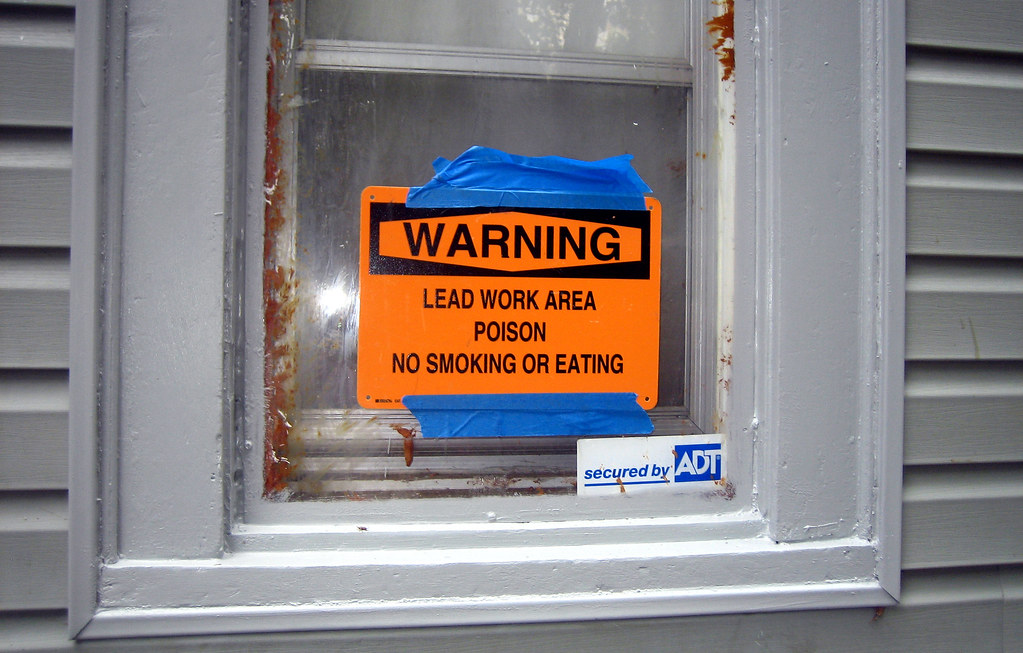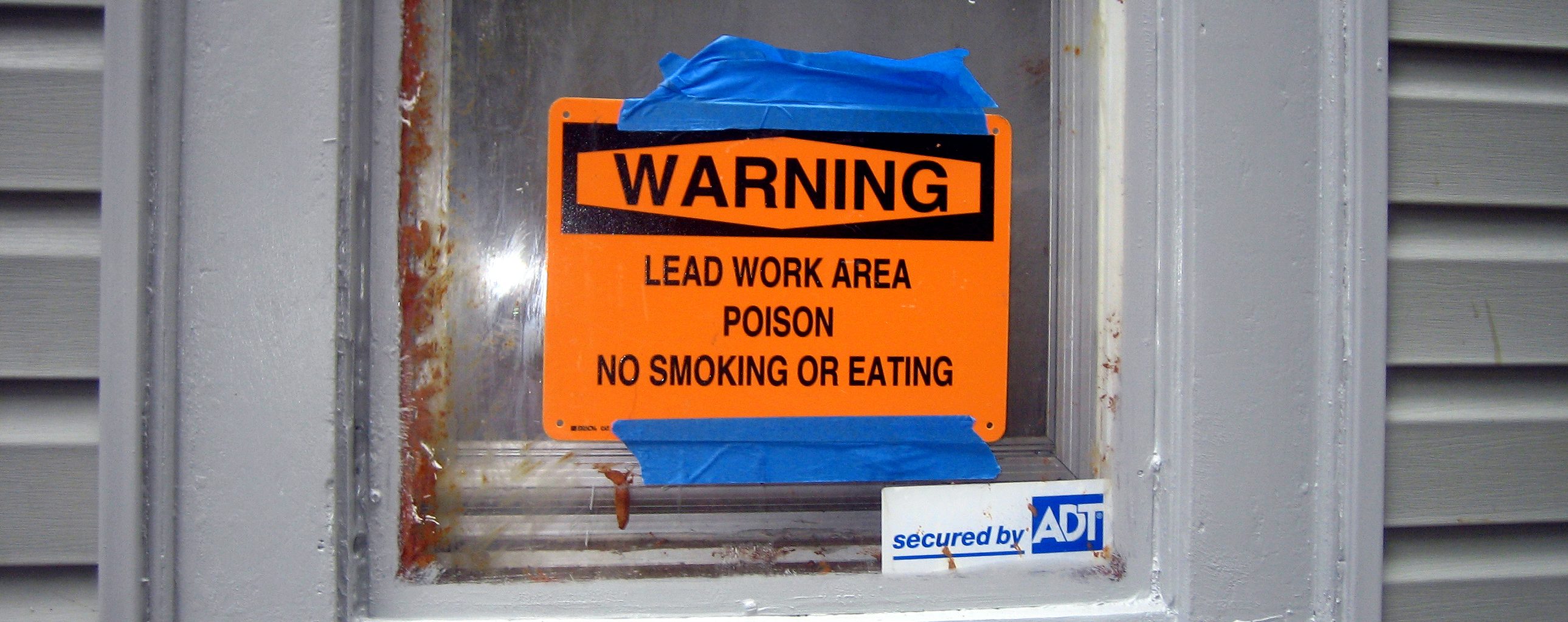
Pollution kills over 9 million people every year, and every day billions more live without access to clean water. In less than a month, the world’s leading authority on environmental issues will meet to determine ways we might meet this challenge. The upcoming United Nations Environment Programme Assembly in Nairobi will coordinate experts from all 193 member nations to act on this critical topic.
Creating a pollution-free planet will be the central theme of the United Nations environmental agenda moving forward. Fatou Ndoye, Deputy Regional Director of the UN Environment’s North America Office, joined the National Climate Seminar to discuss priorities and predictions for the upcoming Assembly. See her complete talk here.
What is UNEP?
UNEP, established in 1972, provides leadership and partnerships to promote sustainable development. Unique among UN bodies, UNEP operates out of regional rather than national offices. Representatives from around the world join at UNEP Assemblies to debate and agree to resolutions on the thematic issues that will become the global

environmental agenda. The Programme has had striking success in addressing environmental problems that seemed unbeatable, including the hole in the ozone layer. Ndoye and her colleagues at the UNEP North America Office believe that this type of success is possible in fighting pollution, too.
Priorities and processes: How the Assembly works.
The Assembly aims to be inclusive. UNEP wants to hear voices from not just environmental ministers but also members of NGOs and representatives from the private sector. Not everyone can afford to make the trip to Nairobi, but their input still matters to the Assembly. In the weeks leading up to meeting, each region UNEP represents will hold a series of events to involve as many interested parties as possible. In late October, stakeholders from the U.S. and Canada met to discuss the economic cost and health impacts of pollution. Speakers ranged from medical experts to corporate accounting managers.
At the Assembly, representatives will debate regional priorities and settle on a unified agenda for addressing the problem of pollution. This agenda will be spelled out two forms, the first of which is a ministerial declaration, to be proposed by the UNEP President, Dr. Edgar E. Gutiérrez-Espeleta of Costa Rica. The second form is through resolutions, to be proposed and passed by the member nations.
Wondering what North America’s environmental priorities are? Ndoye says that the United States and Canada are promoting a few key issues:

- Eliminating lead paint. Lead paint causes a range of health problems. It’s been banned in the US since 1978, but the danger remains, both at home and internationally. North America is actively working to draft model laws that other nations can adapt and adopt to promote the global phase-out of lead paint.
- Increasing water quality datasets. Although UNEP is already active in tracking water quality, there’s a huge gap in data at the global level. A clear picture of global water quality will enable governments and NGOs to take action to protect water sources.
- Improving air quality and fighting short-lived pollutants. With all the focus on carbon dioxide and its role in climate change, this category of pollutants is often overlooked. Pollutants like methane and black carbon don’t tend to persist for long in the atmosphere, but they can still have a serious impact on both human health and climate change.
What is our role?
As individuals, we too can play a direct role in the UNEP anti-pollution agenda. The Assembly will hear comments from stakeholders and citizens, so we can make our voices heard. Ndoye also suggests that we engage with our employers and universities to see what environmental pledges they can make to reduce pollution created by institutions. Finally, we can make choices to reduce the pollution we create in our own lives. Through small changes like switching from disposable to reusable shopping bags, or buying a new smartphone every 3 years instead of every year, we can take the first steps toward creating a pollution-free planet.
